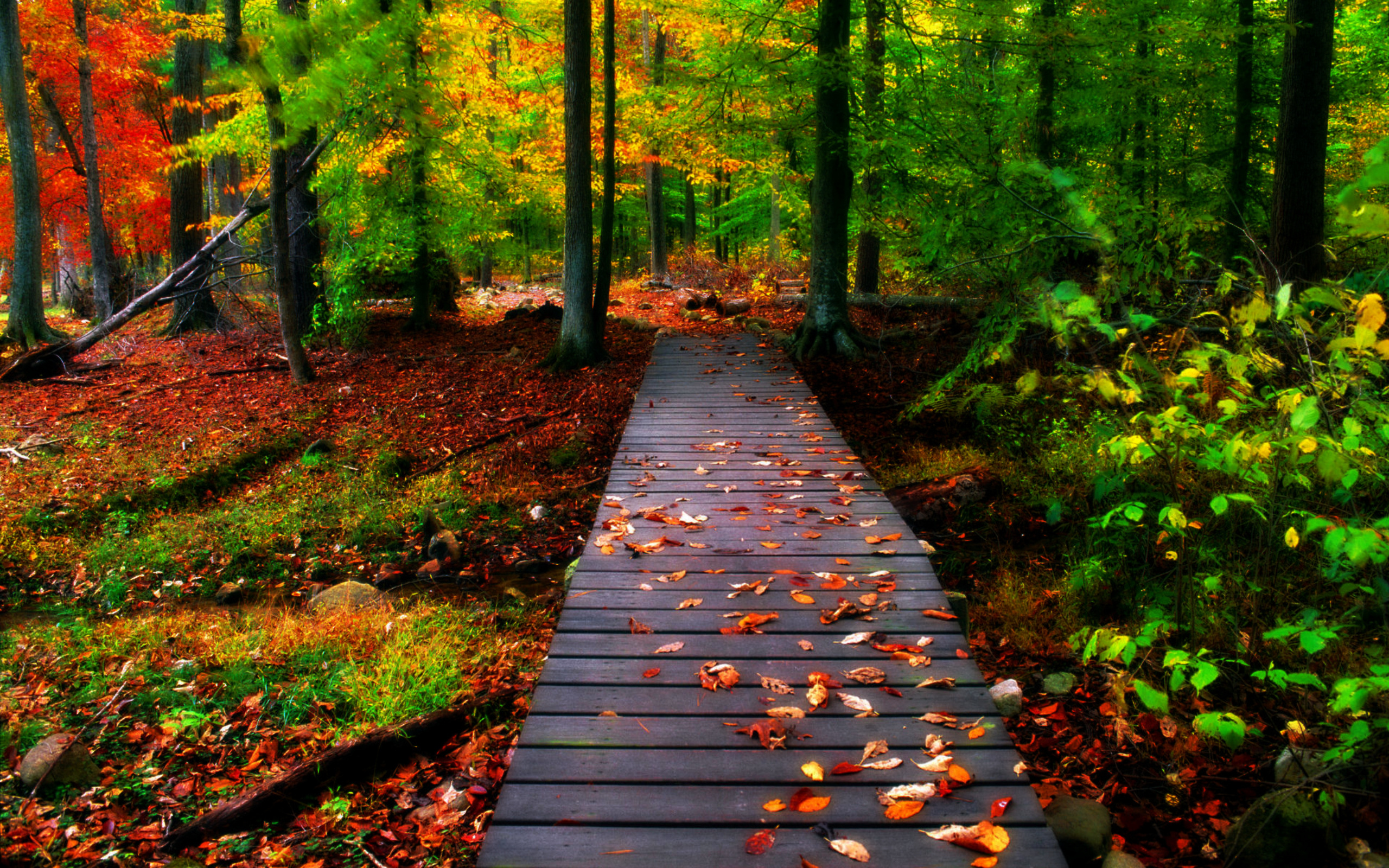Enjoying nature is an important part of enjoying life, as we slow down to savor the moment and appreciate being alive. When we return from being at one with nature, we are energized to work to heal Mother Earth.
Human interdependence with our environment is an integral part of Buddhist economics. All activities by companies, governments, and people can be undertaken in a way that protects rather than exploits nature and our natural capital. We heal ourselves as we care for Mother Earth.
Yet many people do not take time to enjoy nature, and to decouple from the internet and worldly problems in order to recharge their energy and to remind themselves what is truly important to them. Then we become overwhelmed by the demands of our daily lives, and we become disconnected from Mother Earth and from the activities that make life worthwhile. Soon we are on the materialistic treadmill, and don’t have time to care for ourselves and others, and earth, because we are busy making money, going to school, running errands. Our to-do list again dominates our lives, and we become dissatisfied and restless.
Buddhist Economics shows us how we can heal ourselves as we care for Mother Earth, and provides a path for transitioning to an economy that supports a meaningful life for all people in a low-carbon world.
We have no time to lose, both for ourselves and for the planet. We cannot say,
“Let me finish all the things on my to-do list, and then I’ll work on creating a meaningful life and healing the planet.”
As Thich Nhat Hanh writes, “Caring about the environment is not an obligation, but a matter of personal and collective happiness and survival. We will survive and thrive together with our Mother Earth, or we will not survive at all.” Love Letter to the Earth, p 82.
